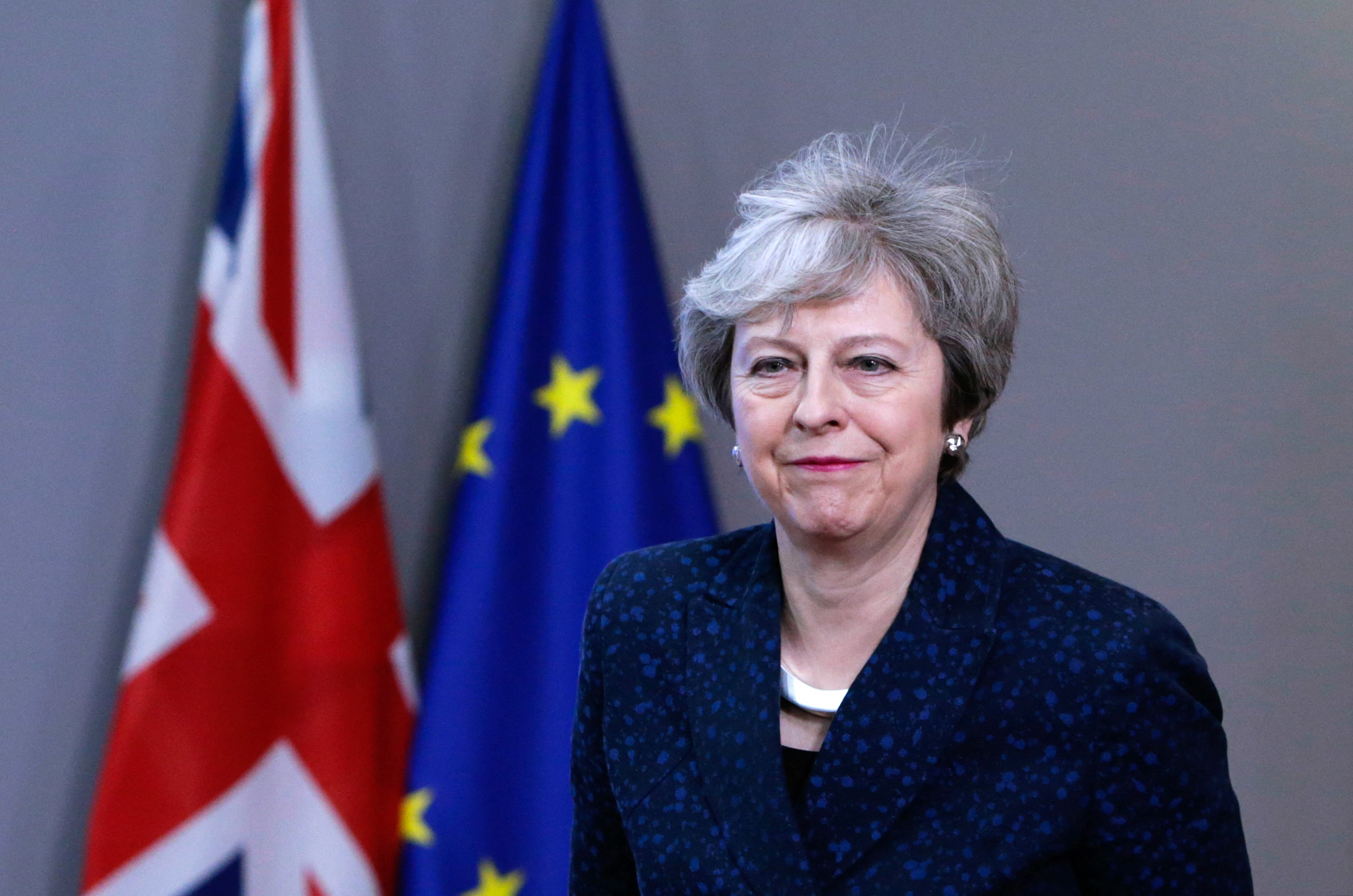Goodbye, Theresa May – thank you for trying
Editorial: Britain’s second female prime minister proved herself a dutiful and decent resident of No 10 – but her 27-year Commons career will forever be overshadowed by her failure to deliver a ‘soft’ Brexit

At other times in the nation’s history, Theresa May could have been the right prime minister. She was a diligent, personally decent leader, who found herself in office, slightly to her surprise after other candidates fell at late hurdles, at a time when exceptional qualities were required.
One small measure of her propriety was that she remained in the House of Commons for five years after being prime minister, serving her constituents in Maidenhead and pursuing causes in which she believed – and she announced her intention to stand down as an MP in her local newspaper.
As she joins the growing queue for the exit, further reinforcing expectations of a change of government at the coming election, now is a good time to take stock of her contribution to national life.
Unfortunately for her, the main thing for which she will be remembered was her inability to break the deadlock in parliament after the referendum on European Union membership that felled her predecessor.
She negotiated a “soft” Brexit that would have been a good reflection of the will of the people as expressed in the narrow vote to leave the EU. But she found herself trapped between a radicalised wing of the parliamentary Conservative Party, which demanded a clean break with the EU, and an opposition that hoped to stall our departure so they could force a second referendum.
In the end, she lacked the creativity, and possibly the element of madness that inspires special leadership, to find a way through that trilemma. She tried to strengthen her democratic mandate by calling an election when she was 20 points ahead in the opinion polls but succeeded only in losing the small majority she had inherited from David Cameron. Thus she was forced to rely on the votes of the Democratic Unionist Party, which supported Brexit but refused to accept the consequences of that decision.
She had the misfortune, too, to find herself opposite a Labour Party led by Jeremy Corbyn. At a time when she needed to reach out to Labour MPs, they were at war with their own leader. Any potential advantage to her of his historic Euroscepticism was outweighed by his sectarian hostility to working with Tories.
Thus it was that she was swept aside after losing three “meaningful votes” on her withdrawal agreement, and the Conservative Party turned in desperation to a very different character: a chancer, but one with the imagination and the touch of calculating madness needed to break the deadlock.
Boris Johnson suckered Jo Swinson, the leader of the Liberal Democrats, and through her Mr Corbyn, into giving him a general election. Thus he secured our departure from the EU, on worse terms than Ms May had agreed, and left Labour MPs wishing they had voted for her deal rather than holding out in the hope of blocking Brexit altogether.
She left office after three years and 11 days, with few achievements to her name and not enough time to make any real progress in remedying the “burning injustices” of which she spoke in Downing Street on assuming office. After having been responsible for the 2012 “hostile environment” policy that purposefully made life difficult for people without “leave to remain” in the UK, she latterly worked hard and with evident sincerity on modern slavery. She also started cautiously to increase public spending on health and police services, particularly after the disaster of the 2017 election.
She deserves some credit, too, for her final act: committing the UK government to net zero carbon emissions by 2050. This is a hugely ambitious target but a necessary one for a nation that wants to live up to its green responsibilities. Ms May can be faulted for failing to back up the target with the teaching style of leadership needed to prepare the British people for the changes they will have to make, but she has put down a marker that will be rightly hard for her successors to move.
At a time when cynicism about politicians is high, she was evidently in politics out of a sense of duty. We could do with more like her in the House of Commons, and in high office – one of her notable achievements was to survive in the graveyard department of the Home Office for six years – including perhaps, in less tumultuous times, as prime minister.
Join our commenting forum
Join thought-provoking conversations, follow other Independent readers and see their replies
Comments